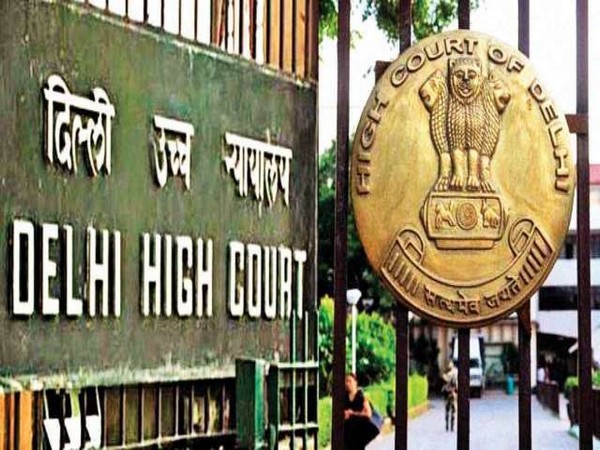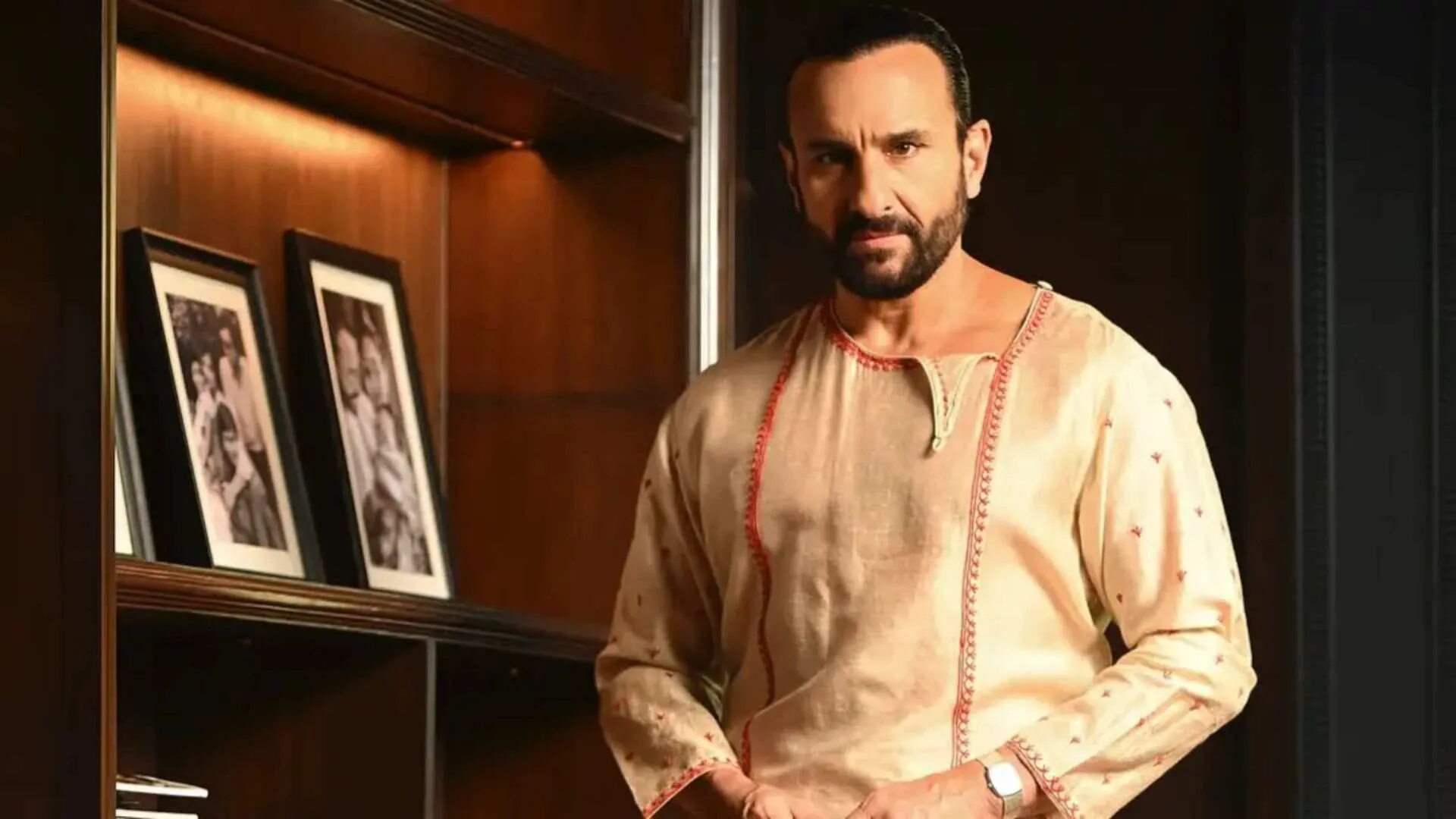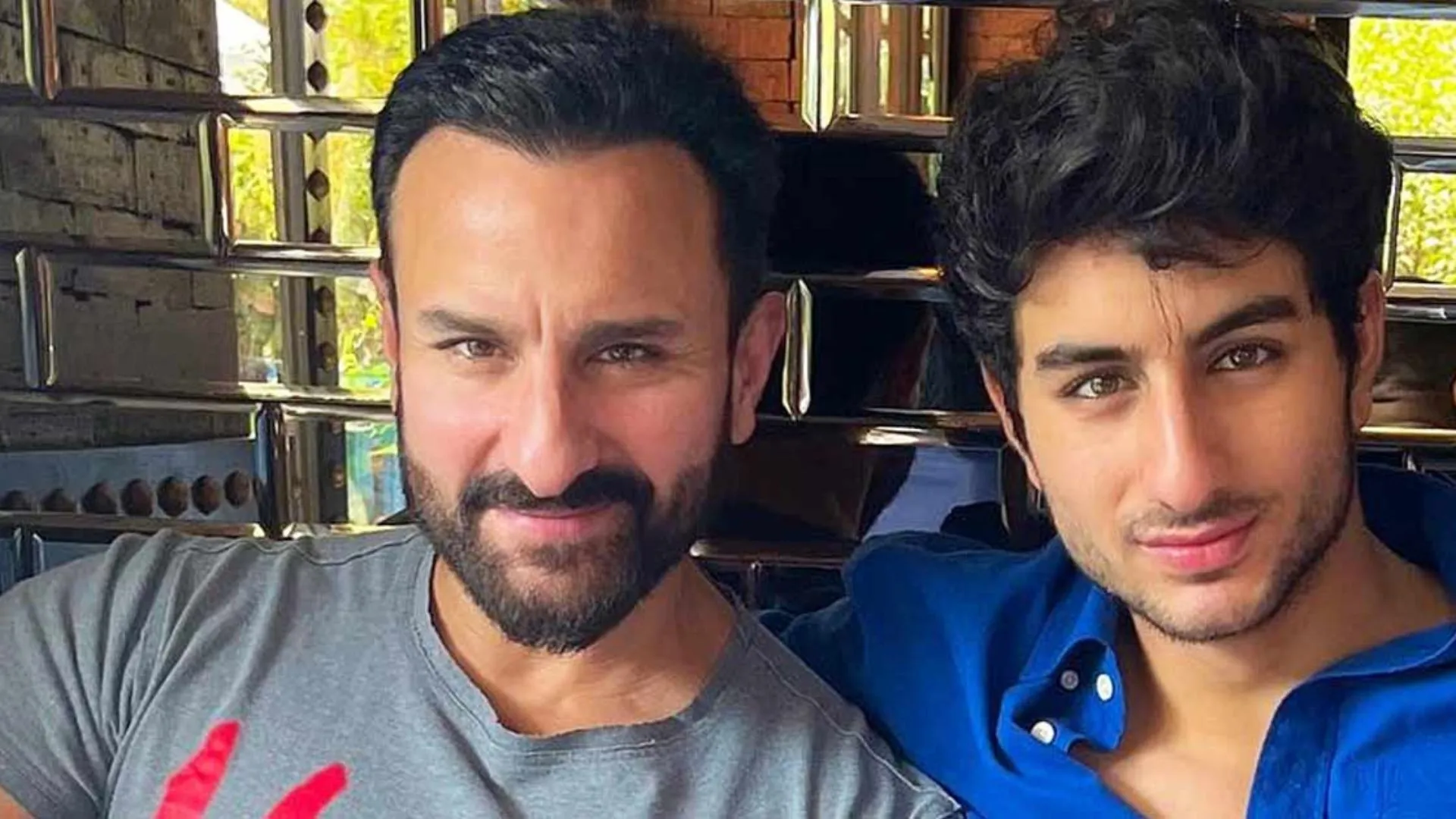The Delhi High Court in the case Yogesh Parihar v. Delhi Technology & Ors observed and has held that the students who resort to unfair means in examinations and get away with it cannot build this nation and must be dealt with a heavy hand.
The division bench comprising of Chief Justice Satish Chandra Sharma and Justice Subramonium Prasad observed and has stated that the persons using unfair means to steal march over students who are working hard to prove their worth has to be dealt with a heavy hand. Tus, the students who resort to unfair means and get away with it, cannot build this nation and they cannot be dealt with leniently and they should be made to learn a lesson and for not adopting unfair means in their life.
The court observed while dismissing an appeal of an engineering student who was found using unfair means in the end-term second semester examination in two subjects. Therefore, the university had imposed Category IV punishment on him and cancelled all second semester examinations taken by him. The registration is automatically cancelled by the University for the third semester and he was directed to register himself for second semester along with the students admitted this year.
A question paper has been shared by the petitioner as per the University in the Whatsapp group during the examination, along with hand written and print out of the answers during the examination. The court also found that the chats of some of the students were addressed to the petitioner for questions and answers.
The petitioner’s plea has been rejected by the single judge after observing that the decision taken by the University did not warrant any interference.
The court upholding the single judge order observed that the University has been lenient in imposing Category IV punishment on the petitioner rather than rusticating the cheaters. The court stated that, be that as it may, may the Vice Chancellor and the learned Single Judge have taken into account all the facts. Thus, the argument of the learned Counsel for the Appellant that the Appellant’s phone was being used when he was in the examination centre does not impress this court and does not warrant
interference.























